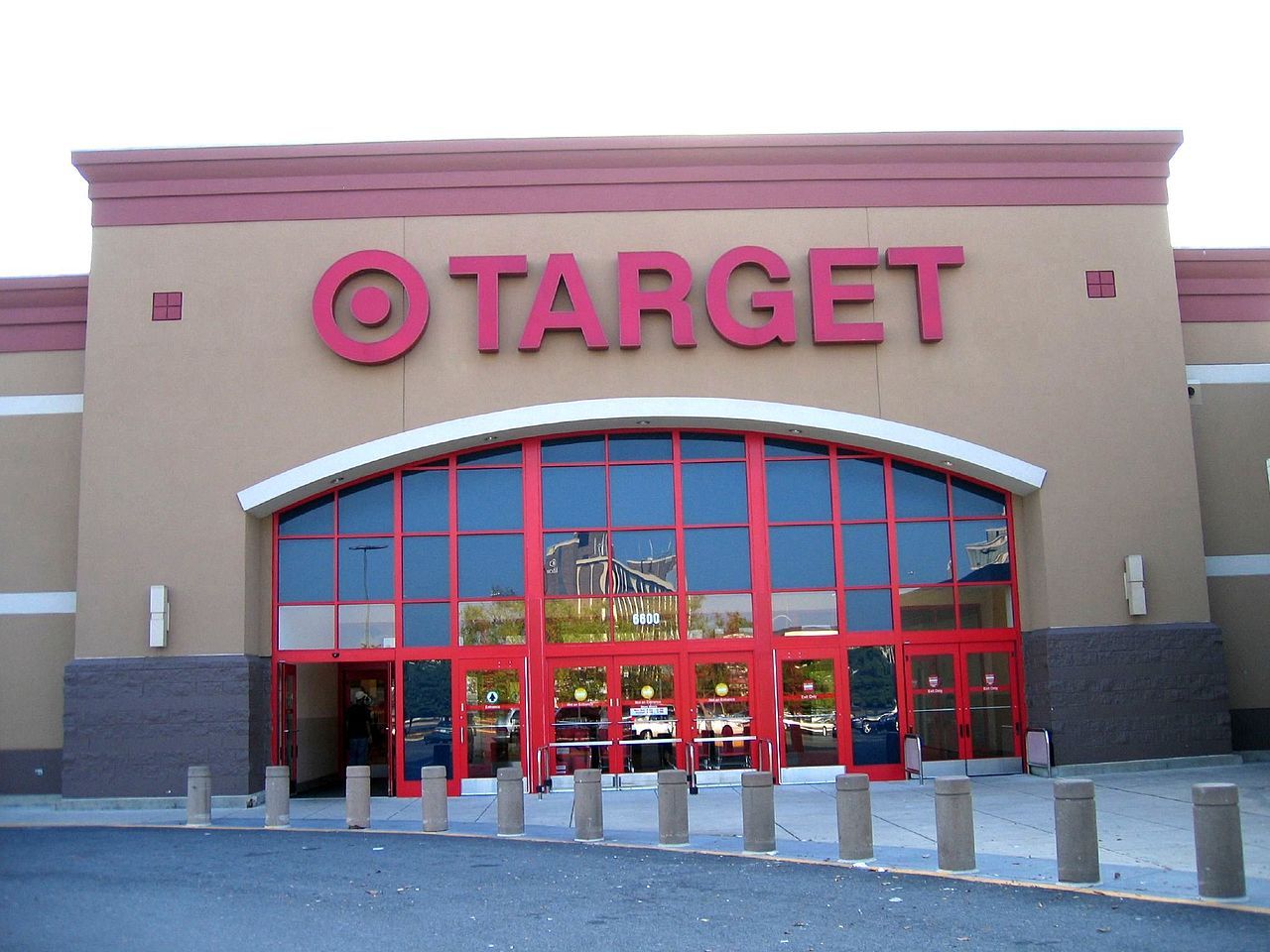What happens when one of America’s favorite retailers, one of the world’s most renowned research institutions, and a global design firm team up to explore the future of food?
A multi-stage initiative to push the boundaries of science, technology, and design to help provide consumers with more control over their food choices and a chance to improve their health.
Answering the increasing call from consumers to have more involvement in their food and where it comes from, mega-retailer Target has teamed up with MIT’s Media Lab and global design firm IDEO to focus on how urban farming, food transparency and authenticity, supply chain, and health issues may play out in the future.
The collaboration will involve major projects at MIT, a website with IDEO, a Food + Future coLAB in Cambridge Massachusetts — with internship opportunities for students — and a city farming project.
“Globally, we know that the face of food will change more in the next five years than in the previous 50,” Target entrepreneur in residence Greg Shewmaker told AgFunderNews. “Instead of waiting on the sidelines, we’re proactively looking at new technology and innovations to help build the roadmap for Target’s future food and wellness strategies.”
Shewmaker, who Target hired earlier this year, previously worked at giant UK supermarket chain Tesco where he focused on retail innovation in Hong Kong. “I’ve always been interested in food and technology and dove into the work as soon as I was hired. I reached out to MIT, IDEO, and other partners and we began conversations around the future of food, which led us to where we are today.” Both Target and MIT have signed a multi-year partnership covering the coLAB project.
Later this month, Target will launch a major project with MIT Media Lab’s Laboratory for Social Machines. Founded in 1985, MIT’s Media Lab actively promotes a unique, antidisciplinary culture, encouraging unconventional mixing and matching of research areas to create disruptive technologies like wearable computing, tangible interfaces, and affective computing.
This phase will involve collecting and analyzing billions of public data in order to map the global conversations about food taking place today.
Later this year, Target will launch a website with IDEO, an award-winning international design firm that uses a “design thinking” approach, to pinpoint common trends and explore how our food will be grown, sold, and consumed in the next 15 years.
Next, Target and IDEO will launch the Food + Future coLAB in Cambridge, Massachusetts. This stage will draw on the MIT Media Lab’s innovative research, house multidisciplinary teams from each participating organization, and tackle some of the toughest problems related to food.
Target is tapping academia for the talent to power this initiative, calling for applications from students who are interested in solving food challenges that face us in the future. The coLAB phase will consist of a three-week paid internship in Cambridge focusing on design thinking and business prototyping.
“Using research from the MIT Media Lab as a launching point, interns will join other students, MIT Media Lab researchers, and industry experts from Target to explore the intersection of emerging technologies and human needs,” says Shewmaker.
The teams’ results and conclusions from the three-week phase will serve as the basis for a 12-week coLAB during the spring semester. Target, IDEO, and MIT will identify various food challenges for the team to tackle between February and Fall 2016.
When it comes to talent, Target and MIT are looking for an entrepreneurial mindset, design-orientation, and a passion for the subject of the future of food. “We believe in convening a diverse collection of skills and experiences,” says Shewmaker.
The fourth component involves Target and MIT’s Open Agriculture initiative, which will consist of a multi-year collaboration to explore city farming across multiple scales of an open platform. Although the project has not defined any specific areas or technologies for its focus, Shewmaker hinted at some serious potential to work with MIT in exploring the many levels of controlled-environment currently being studied at the institute.
Have news or tips? Email [email protected]





